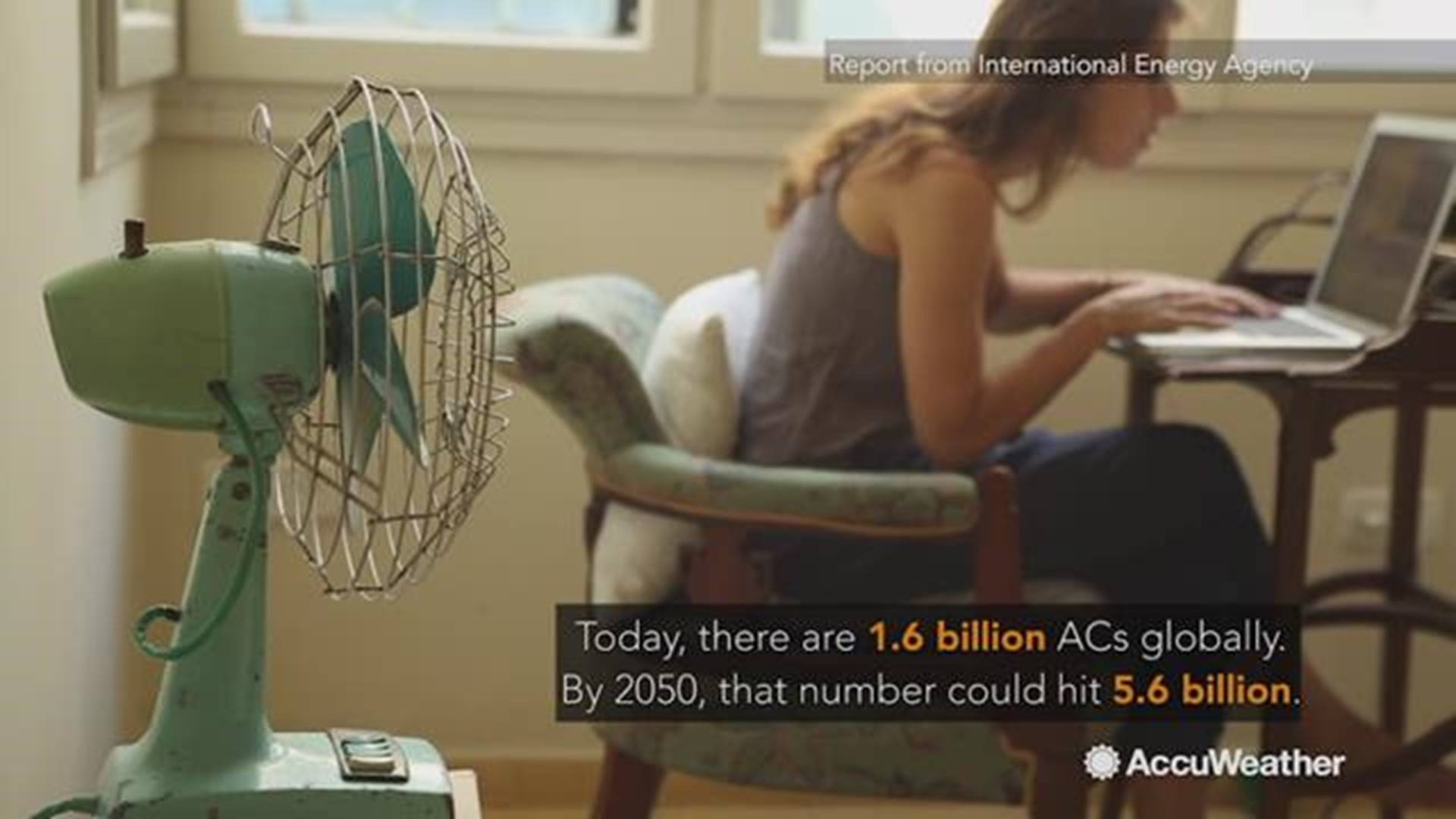The forecast in North Texas this week calls for some of the hottest temperatures the area has seen in two years, as temps are expected to climb well into the triple-digits.
It’s an exceptionally scorching spell in a hot, dry Texas summer – which is nothing new around here.
But high temperatures aren’t the only thing about summer that’ll make you sweat. Keeping a home cool in 105-degree-plus weather is no easy task, and your climbing electric bill will prove it.
First, there are some measures everyone can and should take to help weatherize your home and cut energy costs. The Texas Department of Housing and Community Affairs has several tips, from weather-stripping your doors and caulking the windows to replacing air filters more frequently.
But for some Texans, the high energy bills caused by the sweltering heat are simply too much. If you’re one of those people who can’t afford to pay your electric bill and keep your home cool as we hit the dog days of summer, worry not – there’s help available to you.
Texas has a Comprehensive Energy Assistance Program (CEAP) for any of the state’s low-income residents. There’s a maximum income threshold that corresponds with every household size:
1: $18,210
2: $24,690
3: $31,170
4: $37,650
5: $44,130
6: $50,610
7: $57,090
8: $63,570
Those who are eligible can apply with their county or go here and select “Utility Bill Payment Help.” The Texas DHCA may aso provide help to those who are unable to weatherize their home.
HELP FOR TEXANS: Texas Department of Housing and Community Affairs
To apply for utility bill help in Texas or receive more information, you can call (877) 399-8939. The hotline is available from 8 a.m. to 5 p.m., Monday through Friday. Or, try contacting your local Low Income Home Energy Assistance Program office.
County-by-county help
Those in need of help with the bills can also check with their individual county for programs offered there. For example, Tarrant County has a list of resources available online for people in need and for those who are at least 60 years old or have a disability. Even Collin County, one of the wealthiest counties in the Lone Star State, has an assistance center that offers financial help to eligible people.
Nonprofits
In some cases, churches and nonprofit organizations may offer help in paying electric bills. Organizations like Catholic Charities, Community Action Partners or Family Endeavors offer assistance. Check with your local church to see if they have a program in place, too.

